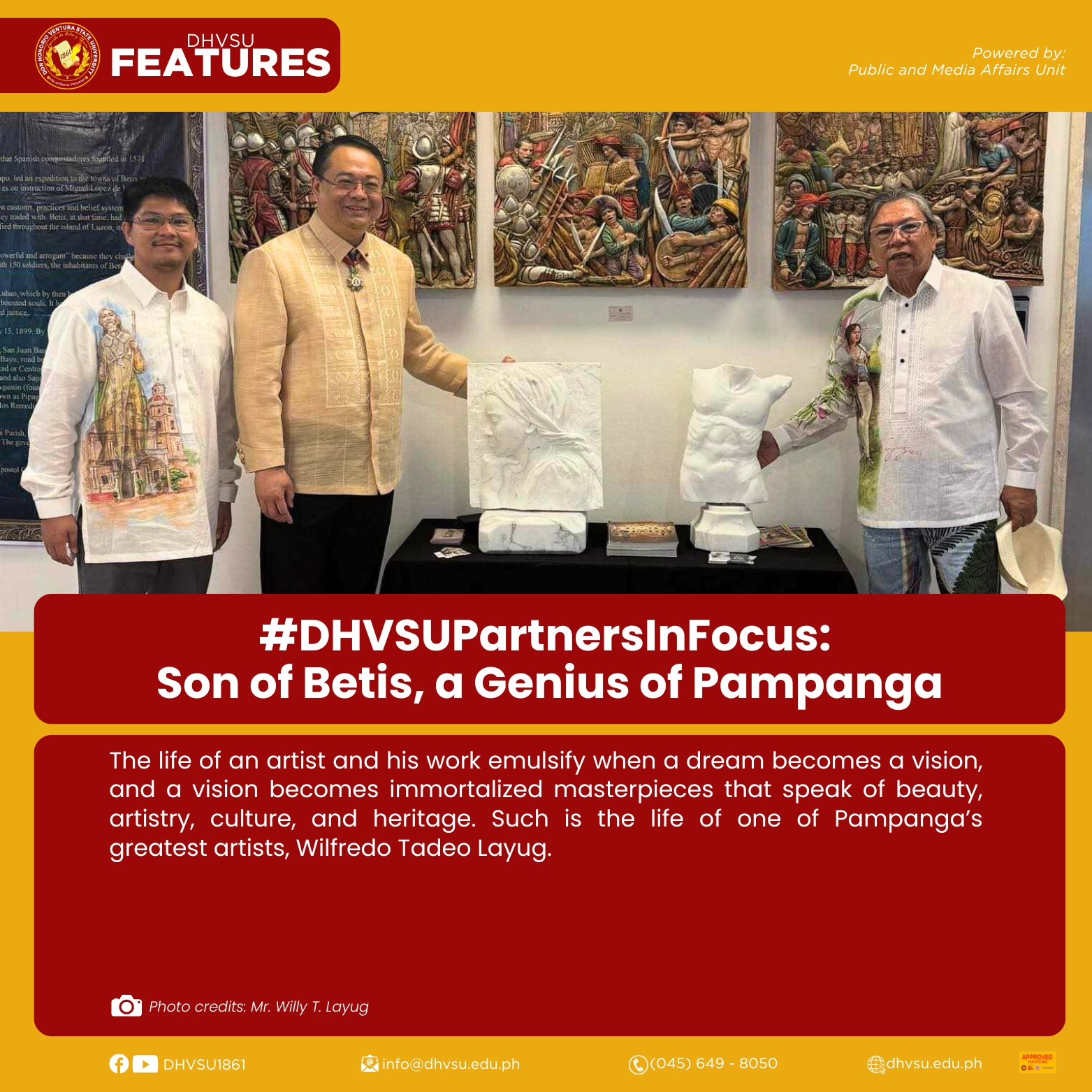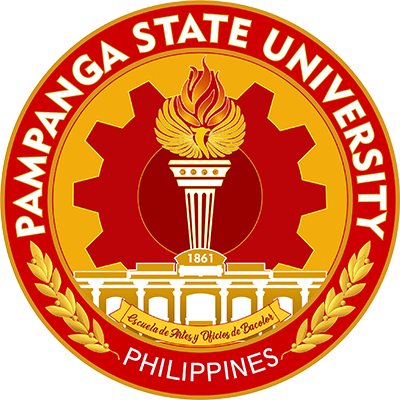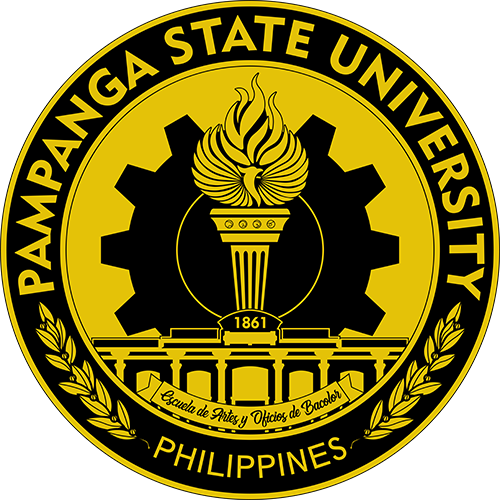
The life of an artist and his work emulsify when a dream becomes a vision, and a vision becomes immortalized masterpieces that speak of beauty, artistry, culture, and heritage. Such is the life of one of Pampanga’s greatest artists, Wilfredo Tadeo Layug.
The artistic hands and imaginative mind of Willy Layug, as he is fondly recognized, began at the age of five. As he was born to a family of devout Catholics on December 5, 1959 in Santa Ursula, Betis, Pampanga, Willy had an early inkling to create religious figures out of clay. To say the least, his passion for the arts is a destined fate that made him the icon that he is now.
His journey to fame is no coincidence nor an easy path. He had suffered life’s challenges before he was able to earn his degree after 32 long years. But these enduring times have led him to several accolades including the Pro Ecclesia et Pontifice (For the Church and Pope) - the highest award given to the laity by the Catholic Church - award for his immense devotion to the Catholic Church. His life as an artist and a catholic has come full circle after this recognition to which he vowed to become a more responsible servant of the Lord. In addition, Willy Layug was also commended with the Presidential Medal of Merit Award in 2009, and was one of the contenders for the National Artist designation under the Arroyo presidency.
Willy Layug’s works have unique prominence because of his beguiling taste in the arts. His magnum opus, the “Our Lady of Hope of Palo” is a symbol of his distinct persona as an artist and to this date, this art piece inspires the people of the Visayan region, whose lives were torn during Yolanda, as it remains an emblem to the compassion for the environment. Some of his other prominent works are the “Crucified Christ,” and the “Filipina Immaculada.” The santos and retablos that Willy Layug have immortalized are as massive as his craftsmanship. These towering images have now become part of different churches in and outside the country, such as the St. Joseph Cathedral in San Jose City, Nueva Ecija; the St. Joseph Cathedral in Butuan City; the Immaculate Concepcion Cathedral in Virac, Catanduanes; the St. John Cathedral in Dagupan, and in the Pontifico Collegio Filippino in Rome.
The caliber of Willy Layug as a national artist is a product of his ceaseless desire to improve his craft. Besides his education at the University of Santo Tomas, he likewise took a trip to Europe to study the works of Bernini and Michaelangelo, two great masters of the west. He learned under the tutelage of Spanish masters and learned about estofado - a technique of applying gold leaves on sculptures.
In his recent engagements, Willy Layug is one of the select partner artists of Don Honorio Ventura State University in its dream of ushering in a new approach to local tourism, which is the BACOLOR (Bringing Arts and Culture on Local Repository) Project in partnership with the Commission on Higher Education.
Willy Layug’s prowess in wood carving or dukit has significantly contributed to the training of the locals and to preserving the art and culture of pangdudukit not only in Betis but in the entire province of Pampanga. His role in this project has created a long-lasting impact on the minds and spirits of Pampangeños, especially the young blood. Because of his relentless pursuit of greatness, and his ceaseless promotion of his heritage and his art, Willy Layug’s life has been encapsulated in the film “Dukit” of of the renowned screenwriter Armando Lao, which won Best Picture in the Metro Manila Film Festival and Best Actor for Layug himself in the New Wave Category.
Truly, with his masterful depiction of religious images, retablos, and santos, Willy Layug is not only a pride of Pampanga, a gifted child of Betis, but also one of DHVSU’s hailed geniuses and modern-day heroes in championing the preservation of culture and the arts.
Photo credits: Mr. Willy T. Layug
#DHVSUPartners
#DHVSUFeature
#HailMaroonAndGoldHonorians











